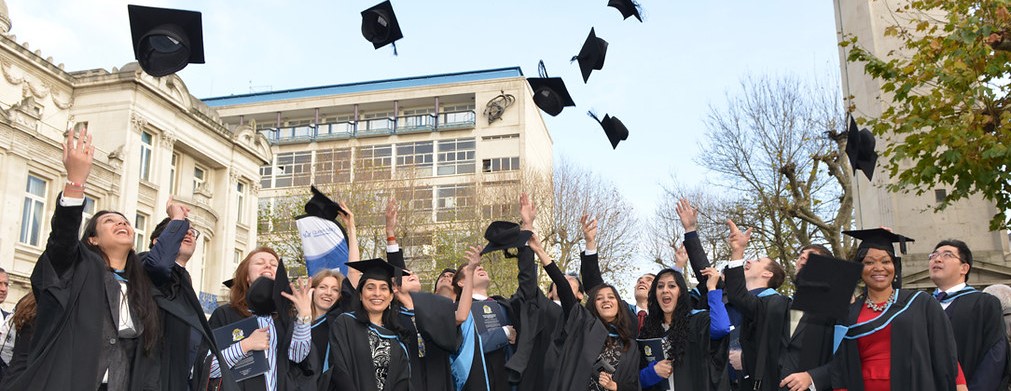We asked our Y3 students: “If you could go back in time and speak to yourself when you first joined SPIR, what advice would you give?”
"definitely go see your tutors. I know that I only started to meet with them in the second half of the first year but I thought I could do everything by myself, which was a huge mistake “
"probably not to be afraid to say things in seminars, just because, like i'm scared of getting things wrong like just go for it, and I can learn from my mistakes and stuff like that”
"being more organized, making sure that I time things properly and know when my tutors are available and not leave it last minute”
"all the tutors are really approachable and everyone's really helpful and you get a lot of support”
"the style of how University is set out is very different from A levels, so I was kind of expecting it to be a bit more similar than like, A-Levels is very, you have your textbook, you revise that and then you do your exams and whatnot, but it's very different”
"one thing I really just recommend to anyone is using office hours a lot. Like I used them a lot and I just saw my grades going up”
"I was really surprised by how great the campus is, how many facilities there are”
"what I did find surprising was the amount of independent learning there is. So going from eight hours in a day to eight hours in a week was was quite a big shock”
"I think the best thing about it was probably that when it came to interacting with tutors, it was no longer like a hierarchy thing. Whereas in secondary school, sixth form, it was more so you had to refer to the teachers as ‘Sir’ or ‘Miss’ or ‘Miss Something’. Here you could have a more level interaction”
"I was very worried. Am I going to find anyone? Getting lost, so like, just things like that…I think that was challenging, but I think within a week or so I was fine. So, you know, I adapted quick”
"I was more scared about like making friends and stuff like that, but that stuff was really easy”
"don't be afraid to like talk to your friends about it and see your tutors like actually go seek help if you need it”
"it was really helpful to be able to go through it with friends a lot more”
"the introduction and conclusion literally summarizes what the essay says and people just didn't really think about that”
"first year you don't have to stay at the library 24/7 like go out, see some friends, yes, when deadlines are around maybe you know change that a little bit, but But otherwise kind of, join societies, meet people and just enjoy the campus because I feel like I definitely regret not like doing more on campus and it actually provides way more than I even knew about”
"remembering back to first year, I remember how How much I enjoyed coffee and politics, like the discussion thing, like everyone comes along, I do think that those were actually beneficial to like academic success, a little bit because you'd go along and meet people, a you’d feel a lot more comfortable with the professors so you'd feel like you’ve broken down the barrier”
"there are lots of support services and 100 people you can e-mail for whatever your problem is"
